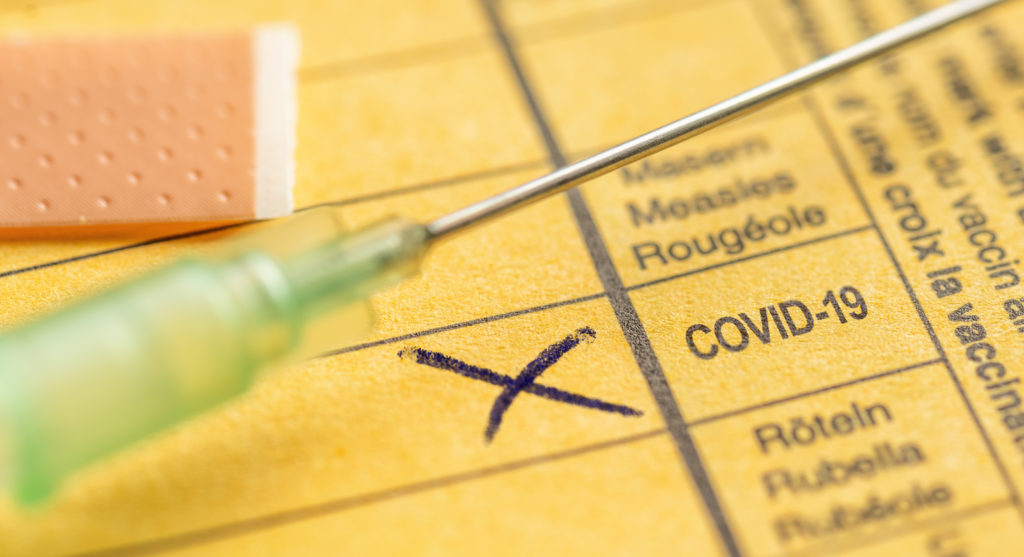
3 minute read
Behavioral economics, as proposed by Kahneman and Tversky, was created in response to neoclassical theories that endorse rational decision-making (Reuter & Montag, 2016). According to Nobel laureate, Daniel Kahneman, people make decisions based on heuristics and biases, which, depending on the situation, may or may not yield the greatest gain (Kahneman, 2011). Surprisingly, individuals tend to be pro-risk in loss situations such as playing the lottery, and risk averse in gain situations, where the odds are stacked in their favor.
This idea, which Kahneman and Tversky called Prospect Theory (1979),may be the key to understanding some of the pushback healthcare providers are experiencing in their efforts to promote coronavirus vaccination. Prospect theory, which has been validated in game theory models, states that losses are considered in a different context than gains, and that the process of decision making is subjective rather than objective (Civai & Hawes, 2016). This process is impacted by the manner in which the prospect is framed (in terms of gains or losses), and the endowment effect, in which people ascribe more value to things they already own (Civai & Hawes, 2016).
Revisiting vaccination pushback in the context of Prospect Theory, it becomes easier to understand hesitancy within certain public sectors. In the context of framing, consider the amount of media attention to negative side effects versus vaccine endorsement by the scientific community. This isn’t to say that the media has ignored vaccine benefits; simply that the coverage doesn’t appear completely balanced. The endowment effect is at work as well, if one considers ownership of the body as a factor in decision making.
The best path forward remains a matter of considerable debate. Some advocates of behavioral economics strategies suggest incentives, since the theory of temporal discounting attributes greater value to immediate rewards than those realized at a future date (Behavioraleconomics.com, n.d.). Others find incentives to be morally questionable. In a recent Medscape opinion piece, Dr. F. Perry Wilson of Yale Medical School suggests that while it may never disappear, the coronavirus will become a manageable pathogen, similar to annual influenza outbreaks (Wilson, 2021).
While it may not give us the answers we are looking for, behavioral economics theory can provide valuable insights into the way the public perceives the vaccination issue, providing valuable guidance in the manner that we communicate with patients.
References
Behavioraleconomics.com (n.d.). Time (temporal) discounting. https://www.behavioraleconomics.com/resources/mini-encyclopedia-of-be/time-temporal-discounting/
Civai, C. & Hawes, D. (2016). Game theory in neuroeconomics. In M. Reuter & C. Montag (Eds.), Neuroeconomics (pp. 13-40). Springer Nature. http://www.springer.com
Kahneman, D. (2011). Thinking Fast and Slow. Farrar, Straus and Giroux. http://www.fsgbooks.com
Reuter, M. & Montag, C. (2016). Neuroeconomics- An introduction. In M. Reuter & C. Montag (Eds.), Neuroeconomics (pp. 1-12). Springer Nature. http://www.springer.com
Wilson, F.P. (2021). Herd immunity is still possible, and I’m not ready to give up. Medscape Commentary. https://www.medscape.com/viewarticle/951290

Leave a Reply